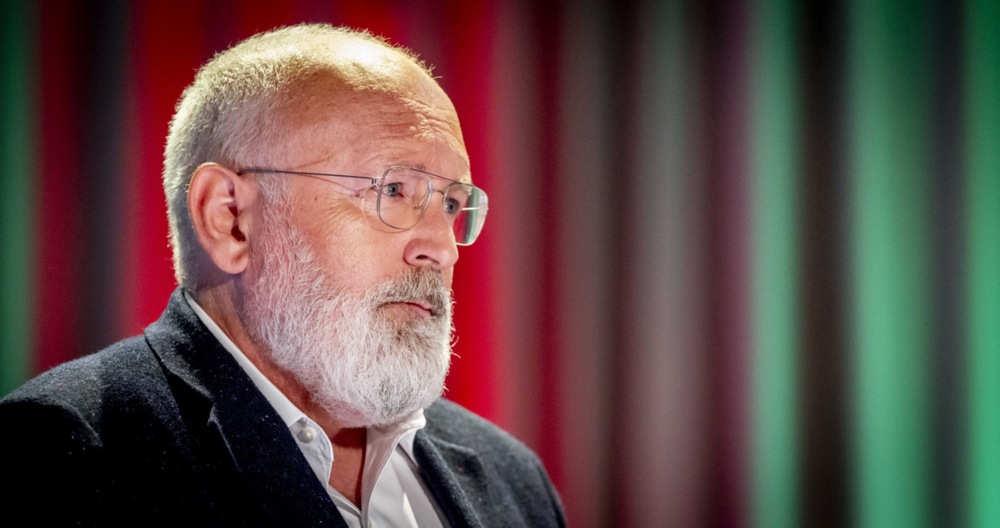An influx of foreign students is threatening the proper functioning of the Dutch higher-education system, the country’s National Bureau of Statistics (NBS) has reported.
In the academic year 2022/23, almost 123,000 students from abroad pursued higher education or university studies in the Netherlands: 15 per cent of all such students, the NBS said.
Most of those, around three-quarters, come from elsewhere in Europe, with 90,000 Germans being the main group.
Two-thirds of foreign students are at university, with 43 per cent taking a bachelor’s degree course.
Approximately a quarter of all international students pursued a higher professional education (hbo) bachelor’s degree. Among all Dutch (non-international) students, just over half took an hbo bachelor’s degree. Relatively few studied for an hbo master’s degree, both among international and Dutch students.
The NBS report found many international students choose to study technology, industrial design or construction subjects.
In the 2023 academic year, there has been an increase in international students from outside the European Union. Between January and June, 17,800 students requested a Dutch residency permit, some 1,200 more than in the same period last year.
The rise has come about despite efforts by the Dutch Government to cut the number of foreign students in the country and even curb the use of the English language in higher education.
The latter is a major policy change, given the Netherlands has relied heavily on English as a language of instruction. At present, around 60 per cent of all higher-education institutions offer at least one course taught in English.
That, in part, has led to the influx of overseas students to the Netherlands, with on average some 40 per cent of first-year students being from other countries. A number of Dutch universities have recorded figures as high as 60 per cent.
The increasing number of foreign students is causing problems as the Netherlands’ education establishments battle with overcrowded lecture halls, an increased workload for teachers and a scarcity of student housing. Some say it might even be hindering Dutch students’ access to further education.
It is not easy to find solutions; Dutch news website NOS noted that, “European laws make it difficult for universities to prevent the arrival of international students from EU countries. Due to agreements on the free movement of people, they are obligated to admit these students.”
Outgoing Dutch education minister Robbert Dijkgraaf has proposed reforms, beginning in 2025 with bachelor programmes where a maximum of one-third of all courses could be taught in a language other than Dutch.
The minister also wants foreign students to learn Dutch, in the hope they will then work in the Netherlands following graduation.
Universities oppose the plans, saying they will cause a “brain drain” of foreign tutors. They emphasise the “value” international students and colleagues provide, as well as the “international character” of all students’ education.





